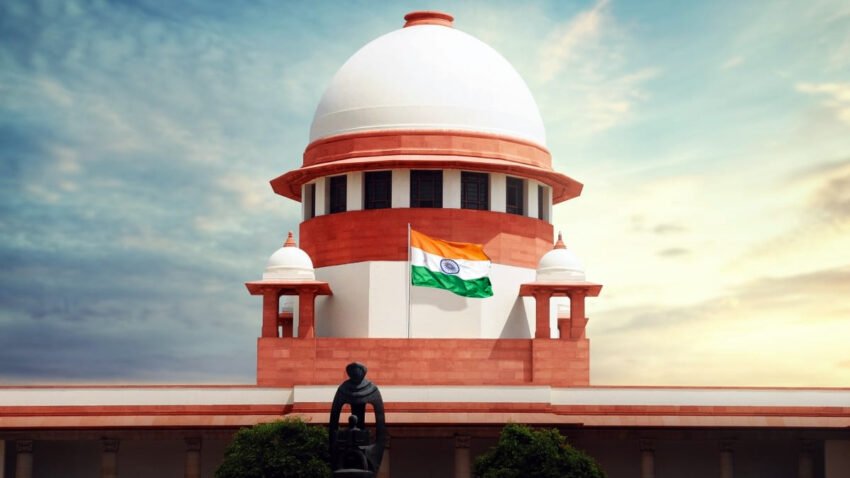News Date: April 13, 2023 8:30 pm IST
Bengaluru: The Karnataka government’s decision to scrap a four percent quota for Muslims in government jobs and education, and divvy it among the two dominant Hindu communities just ahead of elections was criticised by the Supreme Court on Thursday, which said the move appeared to be on a “highly shaky ground” and “flawed”.
Taking up a batch of petitions against the decision by several Muslim groups and individuals, the court questioned the rationale behind the step which was announced on March 24, just weeks before the state assembly elections on May 10.
The petitioners argued that the Karnataka government had violated the constitutional principles of equality and secularism by discriminating against Muslims, who constitute about 13 per cent of the state’s population. They also claimed that the government had not conducted any study or collected any empirical data to justify its decision.
The Karnataka government, led by Chief Minister Basavaraj Bommai of the BJP, defended its decision by saying that it was based on the recommendations of a commission that had examined the socio-economic status of various communities in the state.
The government also said that it had taken into account the historical and cultural factors that made Vokkaligas and Lingayats, who together account for about 40 per cent of the state’s population, deserving of higher reservations.
Vokkaligas and Lingayats are politically influential communities that have traditionally supported different parties in Karnataka. The BJP, which came to power in 2019 after toppling a coalition government of the Congress and the Janata Dal (Secular), has been trying to woo both communities ahead of the elections.
The court, however, expressed doubts over the validity of the commission’s report and asked the government to produce more evidence to support its decision. The court also asked the government to explain how it had arrived at the four per cent figure for Muslims, which was introduced by a previous Congress government in 2013.
The court also noted that the Karnataka government’s decision had exceeded the 50 per cent ceiling on reservations imposed by the Supreme Court in a landmark judgment in 1992. The court said that any breach of this limit would require extraordinary circumstances and exceptional reasons.
The court adjourned the hearing until April 18 and asked the Karnataka government and the representatives of Vokkaligas and Lingayats to file their responses to the petitions. The government agreed not to make any appointments or admissions based on its decision until then.



